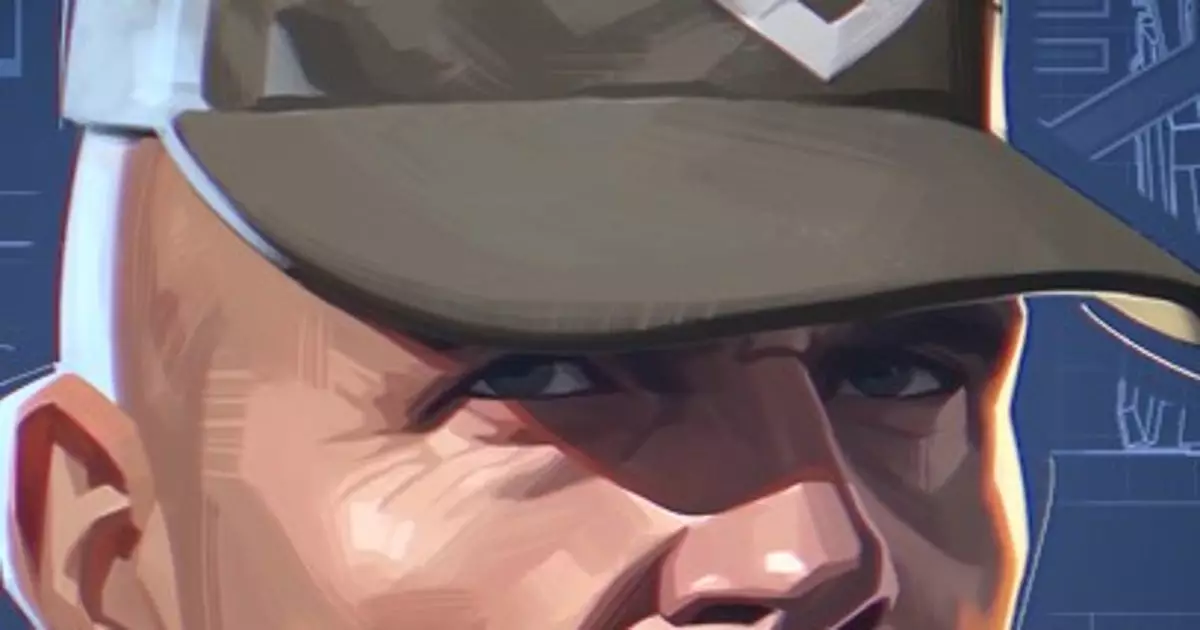The landscape of video gaming has dramatically transformed over the decades, especially with the introduction of game seasons. The concept of structured content delivery, where games receive periodic updates and changes, is akin to the seasonal shifts in nature—predictable, yet brimming with surprises. As a nostalgic gamer, one can’t help but ponder how a younger version of oneself would perceive this modern phenomenon. Would I have embraced this rhythm, or would it have seemed like an annoyance, a distraction from diving deep into the intricacies of narrative-heavy worlds?
Revisiting the past, when gaming was often about exploring and perfecting a singular title, the notion of seasons feels almost foreign. Take, for instance, the fond memories of pouring hours into games like *The Suffering 2*, striving for new storylines via branching narratives and extended gameplay. The meticulous grind for a mere fifteen seconds of new content was not simply an exercise in dedication; it was a profound commitment to the experience itself. Now, with the fast-paced revelations brought about by the gaming season structure, one can’t help but feel that some of that immersion is sacrificed for the quick thrill of novelty.
Imagine presenting the term “memory card” to a contemporary gamer, immersed in the realm of *Fortnite* or similar titles. Such a simple concept, practically ancient, would seem ludicrous against the backdrop of their cloud-connected, ever-updating digital landscapes. The essence of enjoying a game’s full breadth is often overshadowed by the demand for constant availability of new toys to play with. Yet, in the cacophony of this content flood, there lies a silver lining: the excitement of fresh elements invigorates the gameplay experience, offering a compelling reason to return to a game time and again.
Take, for example, the latest update to *Mechabellum*, which introduces Season 2 marking a significant milestone for its player base. The ongoing rollout of content in games like these offers a sense of progression and change, enticing dedicated players to stay engaged. Season 2 brought forth a new unit, the Raiden, which boasts impressive capabilities tailored towards strategic gameplay. Such updates not only revitalize interest but also shift gameplay dynamics, challenging seasoned players to adapt to the fresh additions and reworks that prompt reevaluation of tactics and strategies.
Additionally, the introduction of the Intensive Training Expert specialist adds a fascinating layer to the game, presenting players with new opportunities for strategic dominance. The character’s design echoes the weariness of a veteran, evoking an emotional connection that many players, both new and old, might resonate with. It’s these elements—the blending of gameplay updates with rich character backstories—that solidify the strength of modern game seasons.
What certainly sets *Mechabellum* apart is its intricate balance between chaos and strategy. The gameplay invites players to delve into tactical considerations while enjoying the sheer spectacle of destruction. The blend of meticulous planning and spontaneity offers an addictive cocktail that resonates within the current gaming culture. The visceral joy of watching plans unfold—much like a perfectly executed battle in real-time—creates memorable moments that linger long after the game has been played.
Furthermore, the notion of tactical depth amid chaos is particularly fitting for today’s dynamic gaming climate, where players often seek to outsmart or outmaneuver their opponents in a crowded digital arena. Each update serves not just to introduce new elements, but to encourage players to rethink their strategies, adapting quickly to oscillating dynamics that the live-service model fosters.
As we embrace the future of gaming and the seasons that come with it, it’s essential to reflect on the foundations laid by our past experiences. Nostalgia doesn’t have to be at odds with modernity; rather, it can coexist and enrich our current gaming endeavors. The juxtaposition of immersive narratives and sporadic game seasons presents a unique opportunity—a chance to weave the threads of both worlds into a rich tapestry that can satisfy both old school gamers and modern enthusiasts alike. While the thrill of new toys can be exhilarating, cherishing the depth of gameplay and the narratives that once captivated us remains equally paramount in this ever-evolving universe.

